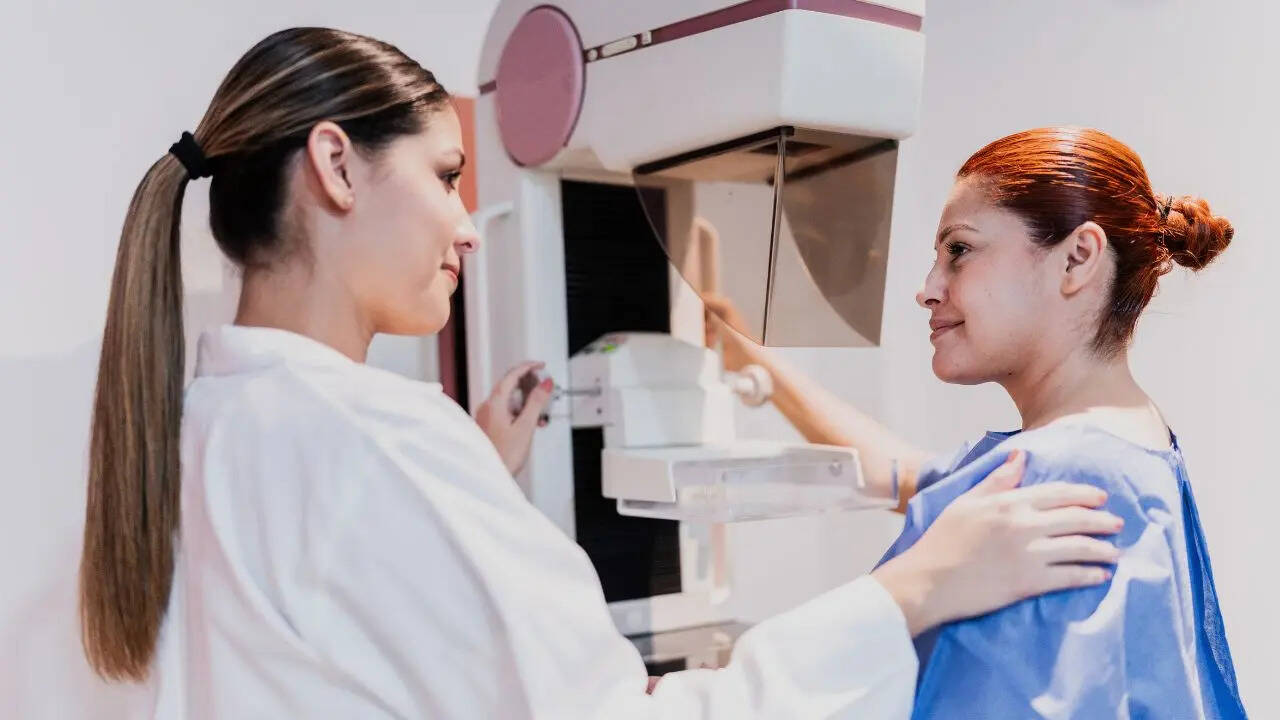Skipping Your First Mammogram May Raise Risk of Breast Cancer Death, Study Finds

Credits: Canva
SummaryA new study in The BMJ finds that women who skip their first mammogram face a higher risk of advanced breast cancer and death. Following over 400,000 Swedish women for up to 25 years, researchers found delayed detection, not higher cancer incidence, drives the increased mortality. While mammograms involve low-dose X-rays, the benefits of early detection far outweigh risks. Attending the first screening is crucial for timely diagnosis and improved survival outcomes.
End of Article
